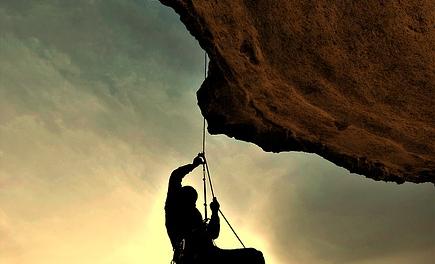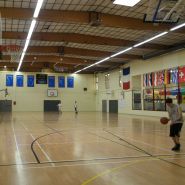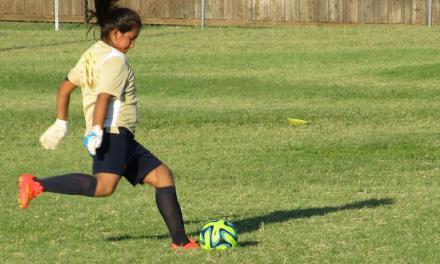There will be some sporting and physical activities that your students find challenging. It is your job to tackle their doubts and overcome any fears they may have before partaking in particularly difficult sports.
Tackling complex and demanding physical activity is a lot like growing competence in sports. You have to start slowly and allow your students to start at a base level that they are comfortable with and allow them to progress at a rate that suits them.
For example, you may have a series of unfit students and they have to run a cross-country race. Therefore, you should help them to complete this demanding activity by starting a couple of weeks before the race. Allow them to start slowly, maybe by running a short distance and then walking the rest, or whatever suits them.
So, overcoming demanding physical activities is fairly straightforward, should you have the time and your students have the interest. However, what happens when the activity is complex?
Your students may have the physical capacity to overcome the task, but what they may lack is the mental understanding. For example, the task may be to test reaction times. This is not difficult physically, but it takes a lot of mental skill to get it right. To overcome these complex activities you have to be very understanding with your students.
Things may not go well the first couple of times and you want to make sure that your students don’t lose interest in the sports because their confidence levels are waning. To combat this, you need to keep things exciting, and reassure them that if they do fail a couple of times in row, they are not bad at what they are doing.
If one, or a couple, of your students falls behind the others, then it is these pupils you should try to encourage and spend more time with. Of course, you don’t want to alienate the better students, but you need to make sure that those falling behind don’t completely stop. To do this, allow them to take a step back and reevaluate where they are in their learning and where you both want them to be.
This means that they can move back down a couple of rungs on their competence and confidence ladder, or they can stay where they are and keep trying. This all depends on the type of student you have, if they are motivated, they may want to stay and keep going, or if not, they may want to move to an easier level.
It may seem tough when faced with a complex technique, or a physically difficult sport, but there are ways in which you can make it easier for your students. Take it slow until they are ready to move to a better level and keep all your students calm and focused on the task ahead. Much the same as what you would do when increasing your students’ competency and confidence levels.










